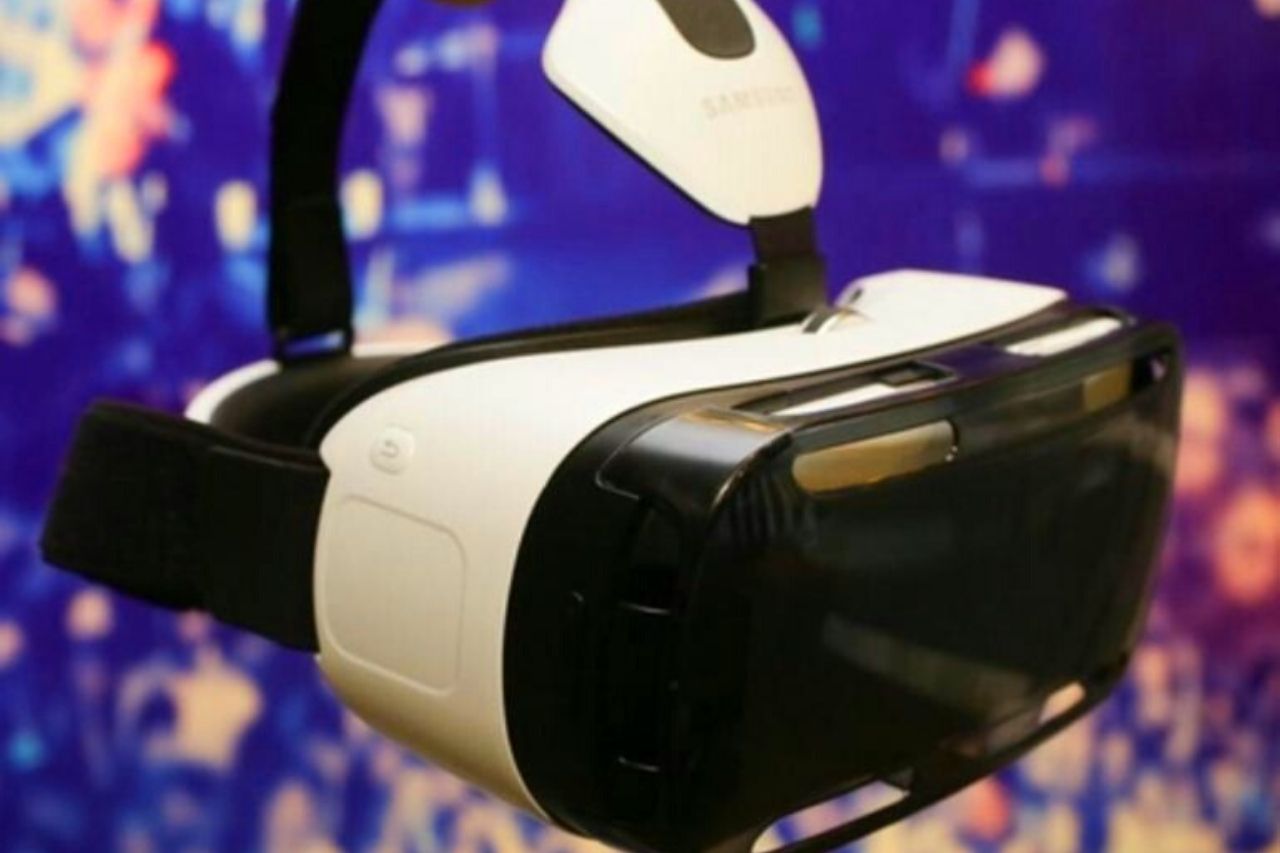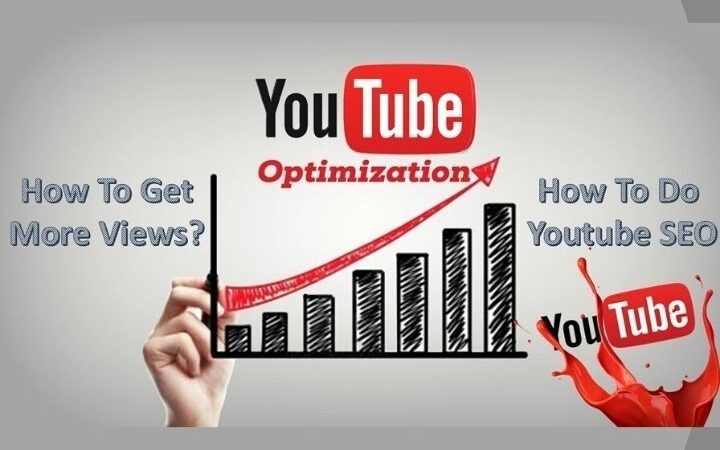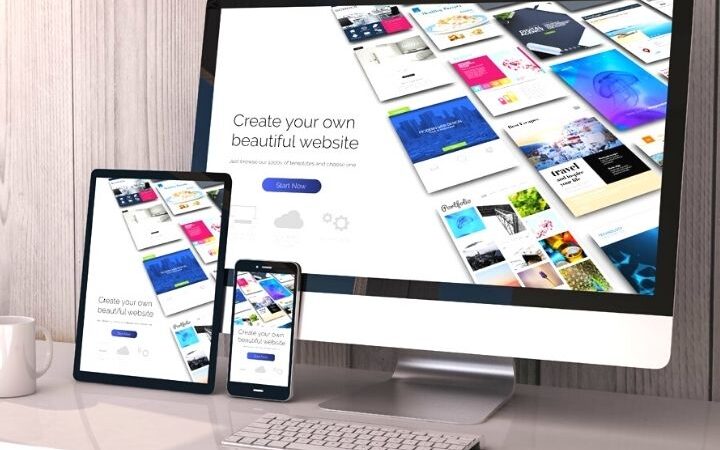Virtual Reality In Content Marketing: Meaning, Possibilities, And Examples

Is your company already focusing on virtual Reality in content marketing?
If not, then as a marketer, you should deal with the diverse possibilities of VR technology.
The marketing landscape is in an unstoppable change . Technological developments have fundamentally changed consumer buying behavior in recent years. Nowadays, potential customers want to get comprehensive information on the Internet before making a purchase and engage in authentic interaction with a brand. They want to get a feel and a realistic idea of a product before deciding to buy it. The perception of the potential customer plays a particularly important role in the entire buying process. This change, therefore, requires a change from traditional marketing to new and innovative ideas.
Content marketing is increasingly relying on interactive design with the potential customer. Therefore, this area is relatively good for gradually incorporating technological innovations. So far, content marketing has been shaped by the creation of blog articles, podcasts, infographics, or videos. According to Hubspot, however, this could change shortly. To make the interaction between a product and a potential customer more lively and interactive, companies should above all focus on a particular technological innovation: Virtual Reality
A survey by Greenlight Insights found that 71% of consumers surveyed consider companies that use virtual Reality to be progressive. Brands like Apple, Google, or Samsung have been investing billions in the development of virtual Reality for several years. However, it also makes sense for smaller companies to consider integrating virtual Reality into content marketing. In this article, I would, therefore, like to deal with the different aspects of virtual Reality for your content marketing strategy.
Table of Contents
What is Virtual Reality?
Virtual Reality encompasses a computer-generated virtual environment that can be perceived in real-time, for example, through virtual reality glasses. Compared to augmented Reality, virtual Reality creates an entirely artificial environment. Virtual Reality exists in numerous forms and variants. In this sense, virtual Reality can be played on different devices such as smartphones and simulated using virtual reality glasses.
Virtual Reality is currently used primarily in the entertainment industry, spatial planning, or even computer games. Due to the fact that virtual Reality can be used interactively, it is also suitable for effectively presenting new products. Consumers thus have an innovative opportunity to take a close look at the design or functionality of a product. The most significant advantage for companies is that consumers can visually imagine what their life would look like with the product.
How Can You Integrate Virtual Reality Into Your Content Marketing?
Check Necessity And Adapt To The Strategy
Virtual Reality still has a relatively immature character and should only be used in content marketing if it gives an added value. For this reason, you shouldn’t get started without a plan. First, think about how you can integrate virtual Reality into your previous content marketing strategy.
At best, virtual Reality should support your strategy and not dominate it. You should also remember your target group . What formats of the content does your company’s audience prefer? Which social media channels are particularly popular with your potential customers? Talk to tech-savvy people not on it? In the first step, it makes sense to consider whether the integration of virtual Reality into your content marketing is necessary at all.
Enable Emotional Storytelling
For the use of virtual Reality in your content marketing to be successful, the interaction with the potential customer must be passionate and authentic. Storytelling already offers an ideal opportunity to present exciting and informative content compellingly.
Potential customers can create a positive association with your philosophy through storytelling and feel connected to your company. Through virtual Reality, storytelling could be used more and more effectively. In practice, this means that you can make the most of virtual Reality to deliver decisive added value to your potential customers.
Which companies already rely on virtual Reality?
At the moment, large companies tend to use virtual reality for their content marketing. However, this development does not mean that small and medium-sized companies will have to do without it in the future. So that you can better imagine what the use of virtual reality looks like in practice, I selected three case studies :
IKEA
The Swedish furniture group IKEA has been following innovative trends for decades without losing its individual touch. The international giant currently has a virtual IKEA store that can be visited from the sofa using virtual reality glasses. In this sense, people who have little time or mobility can take a virtual tour of the business. Of course, virtual Reality was used to give consumers the buying experience to simplify. Nevertheless, the use of virtual Reality also serves content marketing here. IKEA has created an extraordinary content that informs and binds its target group .
National Geographic
The magazine has existed for more than 120 years and still uses novel methods to attract new readers. So that interactive content can be offered, the magazine now uses virtual reality technologies. With this in mind, National Geographic regularly publishes 360 ° videos to give users a particularly impressive experience . From visiting a lion family in the savannah to flying through the universe – the magazine is currently experimenting with different contents and can therefore be an important step ahead of its competition in the future.
TOMS
TOMS is more than just a shoe manufacturer . With the saying “One for One”, the American company also stands for its philosophy. For every pair of TOMS sold, a child affected by poverty receives a new pair of shoes. To reinforce the emotional impact, the company produced a 360 ° video in which it filmed the handover of a new pair of shoes to a child in Peru affected. Potential buyers can use this interactive content to get a living idea of the positive consequences of a purchase. In this example, virtual Reality could provide a heart-warming and emotional experience care that can sustainably strengthen the interest and trust of the target group.
Is Virtual Reality Suitable For Every Company?
The development of virtual Reality is still in its infancy in the area of content marketing. The costs and the time required for the necessary infrastructure are also relatively confusing. Also, it is not yet clear whether the general public is interested in the use of virtual Reality.
Of course, there will also be losers and winners in the use of virtual Reality. It is crucial to prepare in good time and monitor the risks closely over the next few years. In principle, the use of virtual Reality in marketing also depends on the following questions:
- Does the target group have an interest in virtual Reality? Do potential customers have access to glasses?
- What is the ROI for an investment in the technology?
- How should virtual Reality flow into content marketing? About as a 360 ° video? Or as an interactive and virtual product presentation?
Conclusion
Virtual Reality In Content Marketing
To Virtual Reality in content marketing fully always ready for the market is still only a matter of time. As a result, this technology should be monitored urgently and then used in the right place in content marketing. Those who are already preparing for this change of direction can stay one step ahead of their direct competition.







